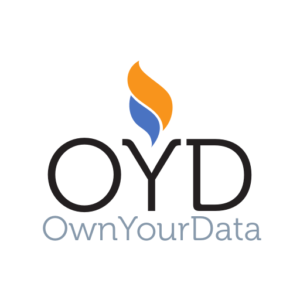Latest News
Updates from the OwnYourData team.
Updates from the OwnYourData team.
In the realm of digital identity, the concept of Decentralized Identifiers (DIDs) stands as a cornerstone. DIDs are a new type of identifier that enables verifiable, self-sovereign digital identities. This blog post explores possibilities to transition between different DID Methods and invites DID method implementors to join this journey towards more robust, interoperable, and secure […]
 We are excited to announce OwnYourData’s involvement in the groundbreaking USEFLEDS project: Unleashing Sector-coupling Flexibility by means of an Energy Data Space, spearheaded by Forschung Burgenland. As a key consortium partner, OwnYourData is leading the crucial Work Package 3 focused on Data Landscape and Governance. Read more
We are excited to announce OwnYourData’s involvement in the groundbreaking USEFLEDS project: Unleashing Sector-coupling Flexibility by means of an Energy Data Space, spearheaded by Forschung Burgenland. As a key consortium partner, OwnYourData is leading the crucial Work Package 3 focused on Data Landscape and Governance. Read more
In today’s interconnected world, the concept of digital identity is becoming increasingly significant. One revolutionary approach that is gaining traction is Decentralised Identifiers (DIDs), a cornerstone of decentralised identity technology. In this context, we’re going to focus on one key aspect of DIDs – DID Delegation. Read more
One of the goals in our current FFG-funded project IDunion was to develop a framework for managing different data models of Covid19 Credentials. In the course of our project we implemented this functionality through the Semantic Overlay Architecture (SOyA 🌱) and this blogposts provides an introduction to this new technology.




